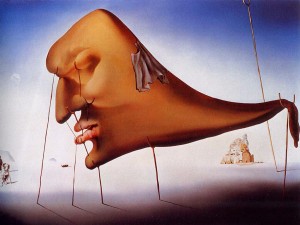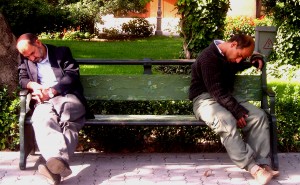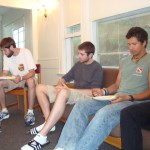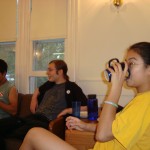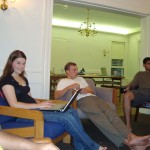IMPORTANCE OF SLEEP:
“…sleep difficulties visit 75% of us at least a few nights per week.”
http://www.health.harvard.edu/press_releases/importance_of_sleep_and_health.htm
THE SCIENCE OF SLEEP:
“Sleep was once considered an inactive, or passive, state in which both the body and the brain “turned off” to rest and recuperate from the day’s waking activities.”
“Understanding these patterns, and the factors that affect them, may help in making choices that will lead to better quality sleep.”
http://healthysleep.med.harvard.edu/healthy/science/what/sleep-patterns-rem-nrem
SLEEP DURATION:
“…the exact number of hours that a person should sleep is unknown. Some claim to work optimally with only 3-5 hours of sleep per night, while some admit needing at least 8 hours of sleep per night (or more) to perform effectively”
http://www.emedicinehealth.com/sleep_understanding_the_basics/article_em.htm
POLYPHASIC SLEEP:
“…everything we know about sleep … suggest that the technique can work only in your dreams.”
http://www.livescience.com/health/071218-bad-sleep.html
SLEEP IN COLLEGE:
“I don’t really understand listening to Sarah Mclaughlan unless you’re trying to pass out, but if you are, she really does the trick”
http://www.collegehumor.com/article:1652566
SLEEPLESSNESS:
“If a sleep-deprived person doesn’t sleep after the initial signs … the person may then start to experience apathy, slowed speech and flattened emotional responses, impaired memory and an inability to be novel or multitask…”
http://www.apa.org/topics/whysleep.html
THOUGHTS FOR THE DISCUSSION:
What is sleep? Why sleep?
Do we need to sleep long? Why the ‘need’ to sleep? Why is it so difficult to get up from sleep?
How much is healthy sleep? How much of the length of sleep is psychological and how much is biologically necessary?
More Links:
How to become an early riser: http://www.stevepavlina.com/blog/2005/05/how-to-become-an-early-riser/
Sleep hormones and coffee: http://altmedangel.com/melaton.htm
Discussion led by Ahsan Nawroj
_____________________________________________________________________


